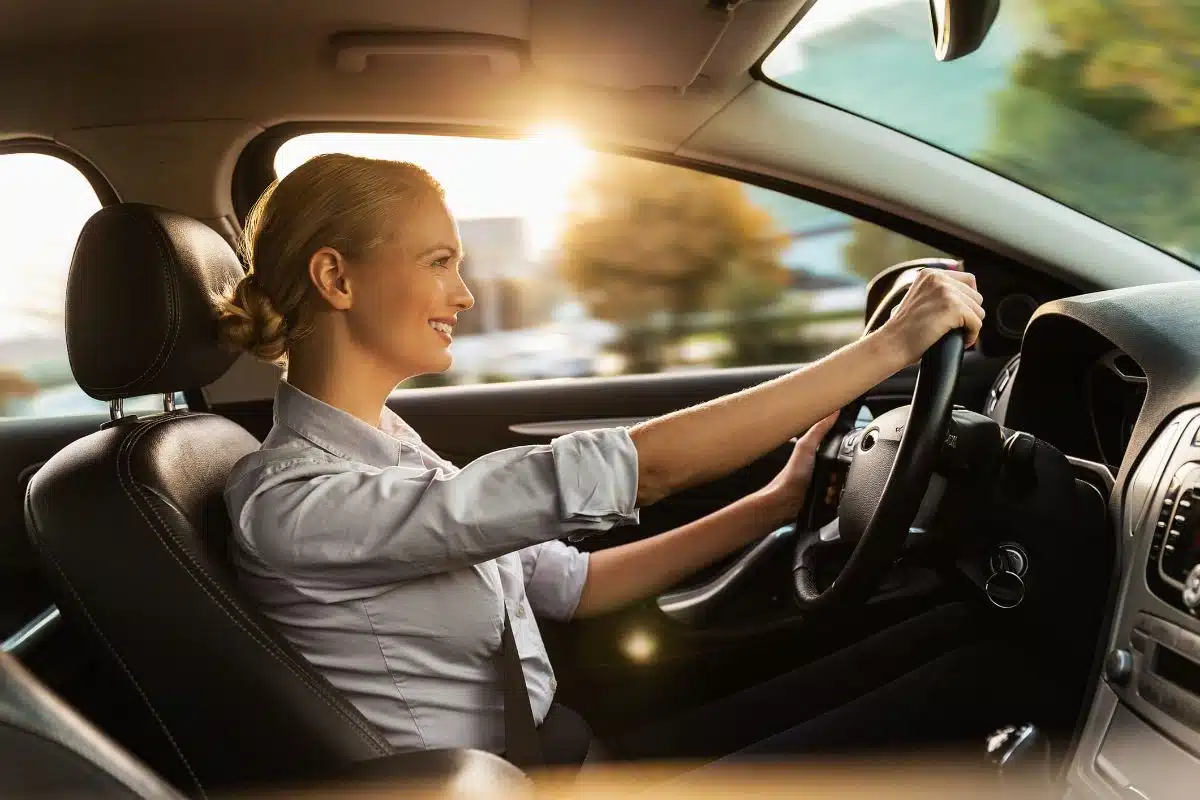The Appeal of Used Autos: A Smart Choice for the Modern Consumer
In a world where the price of new cars continues to rise and environmental concerns become ever more pressing, used autos have seen a resurgence in popularity. The appeal of purchasing a pre-owned vehicle lies not only in the lower price tag but also in the promise of value, variety, and sustainability. Buying a used car is often seen as a practical, cost-effective alternative to new models, allowing buyers to secure a reliable vehicle without the steep depreciation that occurs the moment a new car leaves the dealership.
While the used car market is brimming with potential savings, it can also be fraught with uncertainty. The decision to purchase a used auto requires more than just an eye for a bargain; it demands careful research, a clear understanding of one’s needs, and an awareness of potential pitfalls. This article delves into the many facets of buying a used auto, from the benefits and challenges to tips on how to make an informed decision.
The Benefits of Buying a Used Auto
1. Cost Savings
The most obvious benefit of buying a used car is the significant cost savings compared to purchasing a new vehicle. New cars typically depreciate in value by as much as 20-30% within the first year of ownership, and that depreciation continues in the years that follow. A used car, however, has already gone through that initial drop in value, meaning buyers can often acquire a high-quality vehicle for a fraction of the cost of a new one.
Moreover, the lower price tag doesn’t necessarily mean compromising on quality. With so many used cars available in the market, it’s possible to find models that are only a few years old, have low mileage, and are still in excellent condition. Many of these cars are well-maintained by previous owners and may come with a variety of features that make them a better value than a comparable new model.
2. Reduced Insurance Premiums
In addition to the lower purchase price, used cars often come with the added advantage of reduced insurance premiums. Insurance rates are typically higher for new cars because they are more expensive to repair or replace. Since a used car generally costs less to insure, the overall expense of owning the vehicle is reduced. This can be especially appealing for younger drivers or those looking to keep their monthly expenses manageable.
3. Better Value for Older Models
When it comes to used autos, buyers have the advantage of acquiring vehicles that are no longer in production or that feature older but reliable technologies. Certain makes and models, particularly those that have built a reputation for durability, are prized in the used market. Classic cars, for instance, have seen an increase in demand as collectors seek well-preserved models. Even for everyday consumers, certain older models may offer a timeless design or superior build quality that has long since been replaced in newer cars with more modern—but often less reliable—technology.
Moreover, with advances in car durability, many vehicles that are five to ten years old are still capable of providing years of reliable service. These cars often have less complex technology and electronics, which may reduce the likelihood of costly repairs and issues down the road.
4. Environmental Impact
For the environmentally conscious consumer, buying a used car can be a sustainable option. Manufacturing new vehicles requires significant resources and energy, contributing to pollution and waste. By purchasing a pre-owned vehicle, buyers help to extend the life cycle of the car and reduce the demand for new cars, thereby lessening the overall environmental impact.
Furthermore, many used car buyers opt for more fuel-efficient models or hybrids, which can help to reduce their carbon footprint. As technology improves, used cars with better fuel efficiency or alternative powertrains (like electric or hybrid vehicles) are increasingly accessible to the second-hand market.
The Challenges of Buying a Used Auto
1. Unknown History
One of the main challenges of buying a used car is the uncertainty surrounding its history. Unlike new vehicles, which come with a manufacturer’s warranty and a clear record of ownership, used cars may have been involved in accidents, suffered from neglect, or had their odometer tampered with. While many reputable dealers provide vehicle history reports, such as those from Carfax or AutoCheck, there is always a certain level of risk involved when purchasing a used auto.
To mitigate this risk, it is advisable to have the vehicle inspected by a qualified mechanic before finalizing the purchase. This inspection can help uncover potential issues such as hidden damage, wear on key components like the brakes or tires, and any signs of previous accidents. Additionally, reviewing the vehicle’s service records can give insight into how well it was maintained by previous owners.
2. Limited Warranty Coverage
Unlike new cars, which typically come with comprehensive warranties, used cars often come with little or no warranty coverage. Some certified pre-owned (CPO) vehicles may offer limited warranties, but for most used cars, the buyer assumes responsibility for any repairs or replacements that may arise. This means that, unlike a new car with factory backing, used car owners are at risk of bearing the costs of unexpected repairs.
However, many buyers find that they can still purchase extended warranties or service contracts through the dealership or third-party providers. While these plans can add to the initial cost of the car, they can provide peace of mind by covering certain repairs or malfunctions that may occur after the sale.
3. Potential for Hidden Costs
Another challenge with used cars is the potential for hidden costs. While the upfront price is often more affordable, the long-term cost of ownership can sometimes be higher than anticipated. Older cars, especially those that have not been well-maintained, may require more frequent repairs and replacements of parts such as the timing belt, transmission, or suspension. In addition to repair costs, older vehicles may not be as fuel-efficient as newer models, leading to higher gas expenses.
Before purchasing a used car, it’s important to factor in not only the price of the vehicle but also the anticipated costs of maintenance, fuel, and insurance. Doing thorough research into the specific make and model can help identify common issues and ongoing costs associated with the vehicle.
Tips for Buying a Used Auto
-
Do Your Research: Start by researching the makes and models that interest you. Look for vehicles with a reputation for reliability and durability. Consumer reports, online forums, and car review websites can provide valuable insights into the performance, safety, and long-term reliability of specific cars.
-
Check the Vehicle History Report: Obtain a detailed vehicle history report, which will provide information about the car’s previous owners, accident history, and any title issues. This can help you avoid purchasing a car that has been in a major accident or is flagged as a salvage vehicle.
-
Get a Pre-Purchase Inspection: Having the car inspected by a qualified mechanic can uncover hidden problems that may not be visible to the untrained eye. A thorough inspection can save you from buying a car that requires costly repairs.
-
Consider Certified Pre-Owned (CPO) Options: If you want the assurance of a warranty and a more rigorous inspection, consider buying a certified pre-owned vehicle. These cars are typically newer models, have been inspected by the manufacturer, and come with limited warranty coverage.
-
Negotiate the Price: Used cars are often priced with some room for negotiation. Don’t hesitate to ask for a lower price, especially if you find any issues during the inspection or vehicle history check.
Conclusion
Used cars offer a wealth of opportunities for savvy buyers seeking value, reliability, and sustainability. With careful research, a diligent inspection process, and an awareness of potential pitfalls, purchasing a used auto can be a smart financial decision. Whether you’re in the market for a reliable commuter car, a family vehicle, or even a classic model, the used car market provides a vast selection to suit a wide range of tastes and needs. In an era where financial prudence and environmental responsibility are more important than ever, buying a used car is not just a practical choice—it’s a responsible one.





